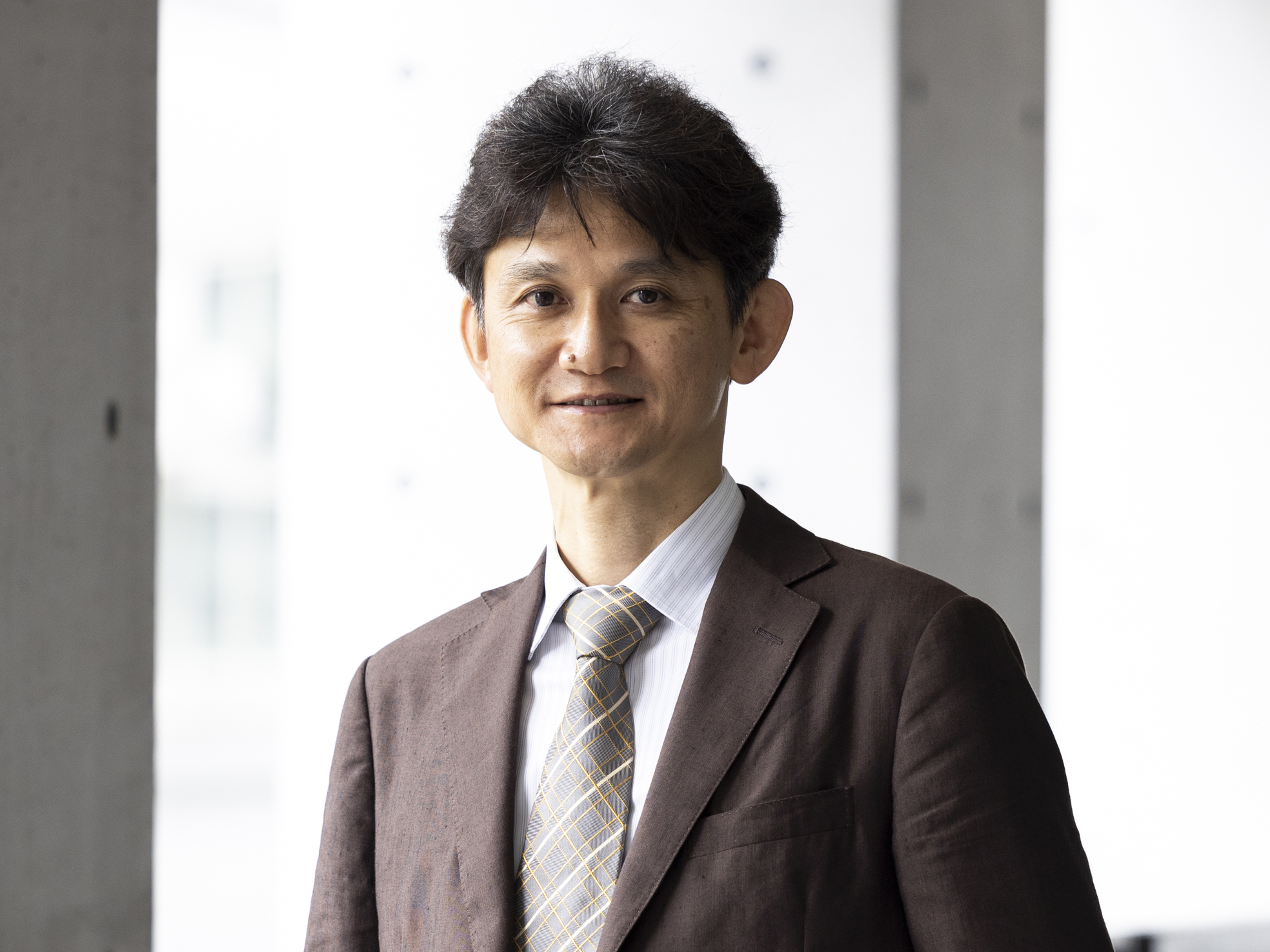This institute is conducting research and development, demonstration research, and social implementation activities related to both the vehicle side and the energy supply side to realize a carbon-neutral “decarbonized society” by 2050.

It has been declared that Japan will be carbon neutral by 2050, aiming to achieve a “decarbonized society.” Presently, the transportation sector accounts for about 20% of total carbon dioxide emissions, and about 90% of these emissions come from automobiles. Looking at the situation in more detail, almost half of these automobile emissions come from buses and trucks, which support regional transportation and logistics. Although these vehicles account for only a small percentage (about 20%) of the total number of vehicles in Japan, they generally travel long distances and are heavier than passenger cars. Thus, their contribution to carbon dioxide emissions is high. Reducing carbon dioxide emissions of (or decarbonizing) buses and trucks is the key to achieving the government’s goals for the transportation sector.
We believe that electrification (the use of electricity and hydrogen) is the most effective way to reduce the environmental impact of automobiles. However, electrification of long-distance and heavy-duty vehicles is more difficult than passenger cars because the cruising range and energy supply problems are more serious. In addition, the level of required durability is also higher. Furthermore, the market for electrified vehicles is smaller than passenger cars, making it more difficult to raise funds for development. Thus, applying the electrification technology that is common in passenger cars directly to buses and trucks is difficult. For these reasons, progress in electrification has not been smooth.
Against this backdrop, the Research Institute of Electric-driven Vehicles at Waseda University is conducting research and development, demonstration research, and social implementation activities focusing on electric buses and trucks (electric, plug-in hybrid, and fuel cell models) with excellent environmental friendliness. The institute is pursuing a smart vehicle with an excellent balance between ecological considerations (low carbon, zero emissions, etc.) and experience value (cost, ride comfort, safety, etc.). In addition to research on the vehicle side, we are also exploring ways to cooperate with the energy supply side.
Yushi KAMIYA (Professor, Faculty of Science and Engineering)
FANG, Yiyuan Assistant Professor (non-tenure-track), Faculty of Science and Engineering, Graduate School of Environment and Energy Engineering
HAYASHI, Yasuhiro Professor, Faculty of Science and Engineering, School of Advanced Science and Engineering
KAMIYA, Yushi Professor, Faculty of Science and Engineering, Graduate School of Environment and Energy Engineering
KUSAKA, Jin Professor, Faculty of Science and Engineering, Graduate School of Environment and Energy Engineering
NAKAGAKI, Takao Professor, Faculty of Science and Engineering, School of Creative Science and Engineering
NOZU, Takashi Professor, Faculty of Science and Engineering, Graduate School of Environment and Energy Engineering
YANG, Wei hsiang Researcher (Associate Professor), Faculty of Science and Engineering, Environmental Research Institute
IHARA, Yuto Advanced Collaborative Research Organization for Smart Society, Guest Senior Researcher (Guest Associate Professor)
HIROTA, Toshio
NARUSAWA, Kazuyuki
3-4-1-55S-704 Okubo, Shinjuku-ku 〒169-8555
【E-mail】 [email protected]
【Tel】 03-5843-9536
【WEB】 https://kamiya.w.waseda.jp